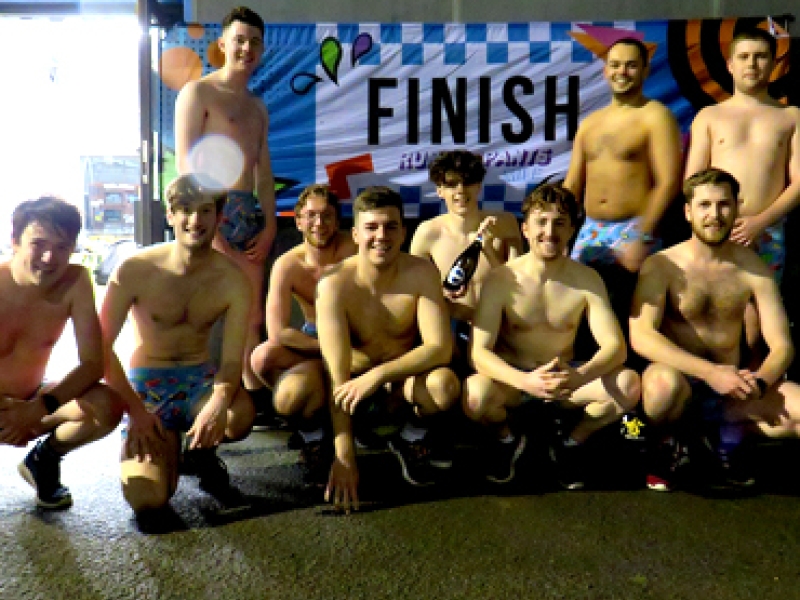Jane Frances
19 November 2019
Jane Frances
Jane Frances is a psychotherapist and was for many years Schools Specialist and Policy Advisor in Education at Changing Faces, UK. She is an expert in the psychology of visible difference.
She tells us of how findings from psychological research can help parents and teachers of children with Neurofibromatosis to better support them.
“I have worked with a lot of children with many conditions including NF, and I’ve found that the responses by other people to visible difference is pretty standard across conditions. The advice I give is based on research. ‘Common sense’, however well-intentioned, can lead to counterproductive interventions.
For example, if a child is staring at a child with a visible difference, the ‘natural’ reaction of the teacher is to say, ‘you mustn’t stare’. The result is that children learn to turn away, and the child with the difference feels even more isolated.
A better response is for the teacher to tell the staring child, ‘if you find yourself staring, smile and say ‘Hello, my name is Jane. What’s your name?’’
It is even more important that parents or the teacher coach the child who has NF to handle other children’s curiosity. The best strategy is for the child with NF to have something to say, like: ‘Don’t mind my lumps and bumps. I’ve got NF. Have you got something interesting about you?’ It is always good to round off with a question and engage – curiosity is the beginning of a relationship.
If the child is shy and nervous, the teacher might need to say, ‘Oh you’ve noticed Timothy’s unusual face. Well that’s the way Timothy’s face is, and did you know Timothy has a pet cat?’
We know from countless studies that it is harder for a child who looks unusual to make and keep friends. This is caused not by an aversion to the unusual face, but by an aversion to the stigma. The key, therefore, is to reduce or eliminate the stigma. The conversational strategies above will help. A curious stare is a door to a conversation and possible relationship.
Teachers’ expectations are also key: they need to hold in their heart really positive hopes for this child’s future. Many studies confirm the ‘Pygmalion Effect’: that lower expectations lead to lower results. Teachers aren’t doing children a favour by going easy on them. The child needs tough, high expectations.
These are just a few tips. You can get more information and resources for tackling issues of face equality and the impact of appearance at changingfaces.org.uk.”
– Jane Frances"The best strategy is for the child with NF to have something to say, like: ‘Don’t mind my lumps and bumps. I’ve got NF. Have you got something interesting about you? "
Filter News

Postponed: Medicine and Me: Living with Nerve Tumours at the Royal Society of Medicine
Postponed: Find out more about the event at the Medicine & Me event at the Royal Society of Medicine here:
Read More
NF1 Teenager Support Day!
Bridie Windsor is a Deputy Clinical Nurse Specialist who has organised a support day for teenagers with NF1. Read more here:
Read More
Callum Axford’s Story
Vote for Callum's nomination for Positive Role Model (Disability) in this years National Diversity Awards!!
Read More
The results are in for our Nerve Tumours UK film nominated at the Rare diseases film festival!
Check out our film & view the results from the film festival here:
Read More_800_600_s_c1.jpg)
Noah’s Inspirational Fundraising Story
Noah Herniman, 14, raises over 1,000 Easter eggs for charity
Read More
“Going dry in January” for NF
Janet Holloway and Val Goeghegan complete dry January for Nerve Tumours UK
Read More
Runderpants Winchester 2020
Winchester Student Union RAG are taking on the Runderpants Mile, our unique fun run in your undies!
Read More
A Magical Weekend
Blackpool Magic Convention 2020 supports Nerve Tumours UK this year as it's chosen charity
Read More


